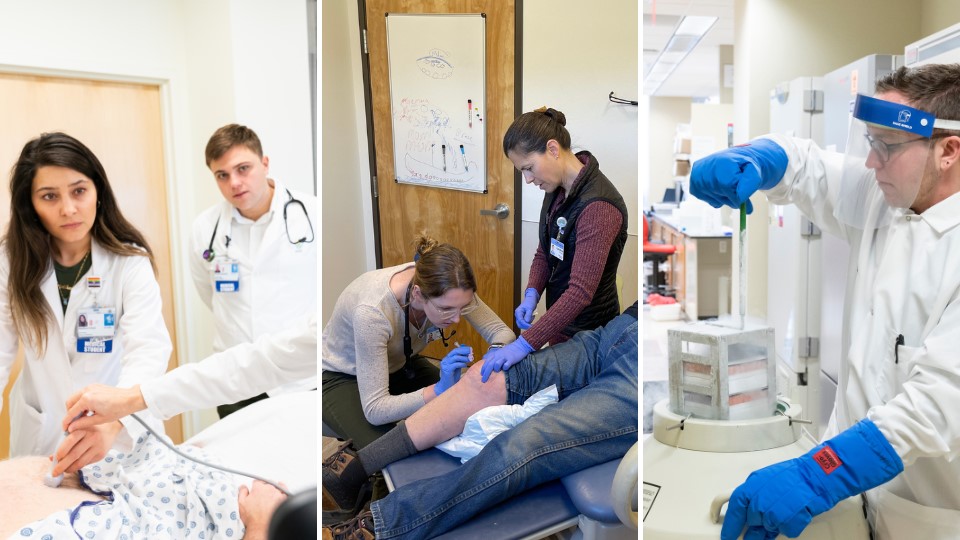
Nathan R. Selden, M.D., Ph.D.
Dean, OHSU School of Medicine
Executive Vice President, OHSU
Connect with us
SOM Events
SOM Diversity, Equity, Inclusion and Anti-Racism Strategic Action Plan 2021-2025

Meet our faculty
"Being able to help those patients who have difficult problems is something that's very special."
Who we are

The OHSU School of Medicine is a vibrant community of educators, students, scientists, clinicians and others working side-by-side to heal, teach, discover and serve. We are proud of our uniquely collaborative and collegial environment.